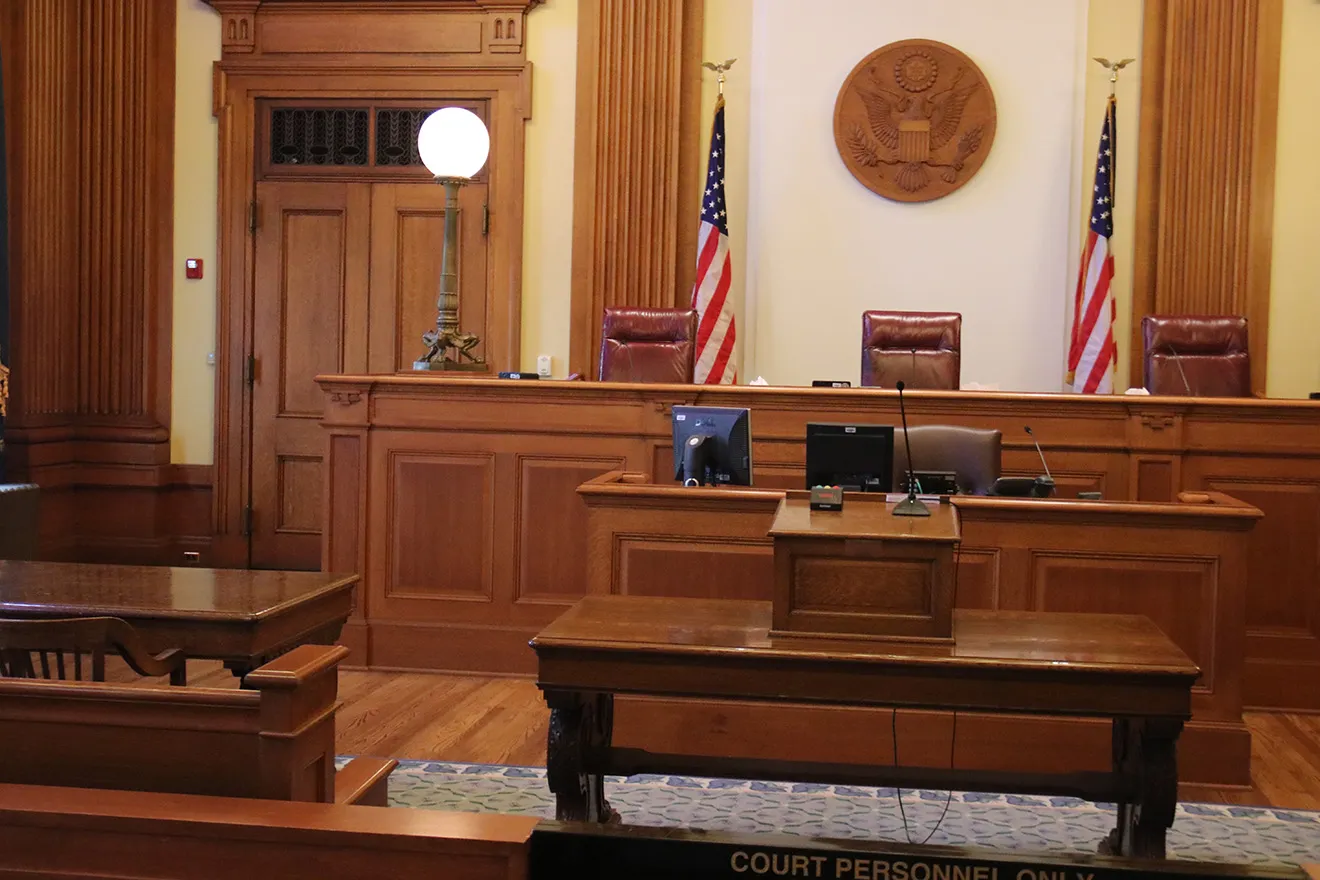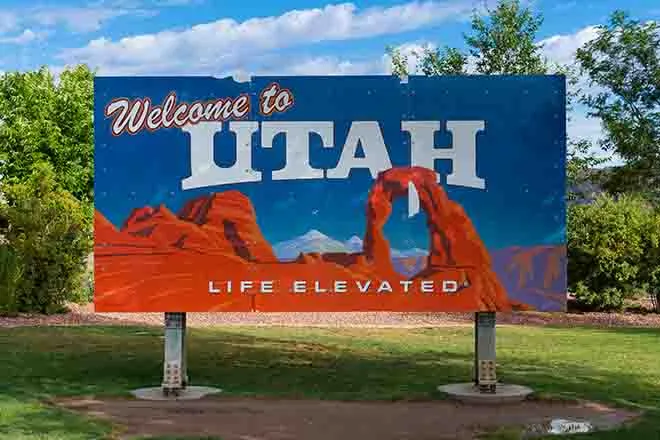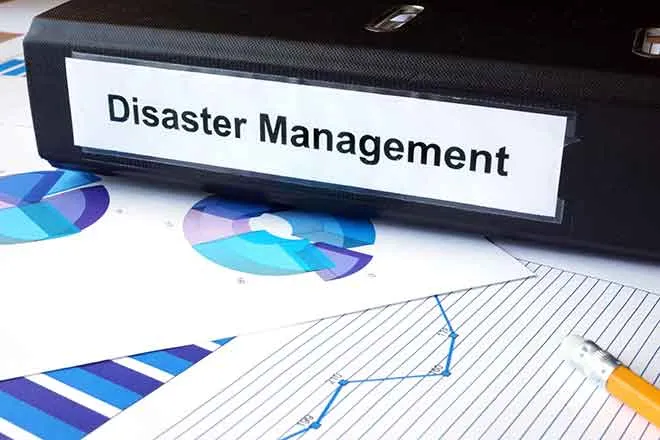
Daily Audio Newscast Afternoon Update - February 3, 2025
© INDU BACHKHETI - iStock-1336427297
News from around the nation.
USAID's future appears bleak as Musk and Trump work to dismantle agency; CA's K-12 schools prepare for the possibility of immigration authorities on campus; Dismantling DEIA initiatives may harm PA disability rights. Experts: DE insurers improperly deny claims for mental health treatment.
Transcript
The public news service Monday afternoon update, I'm Mike Clifford.
The fate of the U.S. Agency for International Development appeared bleak today after Elon Musk, the world's richest man charged with overhauling the federal government, said President Trump had signed off on shutting the agency down.
That from CNN.
They report, "In Washington, USAID's headquarters were closed for the day.
Employees told in an email to remain at home.
Logos and photos of its aid work have been stripped from building walls, and its website and social media accounts have gone dark, replaced with a reduced version of its webpage on the State Department's website."
Next to California, where school districts are working to reassure parents who may be scared to bring their kids to school, since the Trump administration made it clear that immigration authorities will no longer be discouraged from conducting raids in sensitive places such as schools, churches, and health care facilities.
Data show that one in ten children in California has an undocumented parent.
Laura Fisher with Desert Sands Unified School District, about two and a half hours north of the border, says while the district does have to comply with a judicial subpoena, student safety comes first.
We'd be asking for the officer's credentials, contact information, the details of the request, and ask to see a copy of any reason for them being on the school grounds and any documentation that authorizes their school access before we would allow anything.
DSUSD recently sent home a letter to all parents reassuring them that the district has protocols in place and will protect the confidentiality of student data if ICE shows up.
I'm Suzanne Potter.
And for Pennsylvanians with disabilities, there may be unexpected side effects to ending the so-called DEIA policies.
Our Daniel Smith has more.
President Donald Trump has opt to eliminate diversity, equity, inclusion, and accessibility initiatives in federal agencies and federally funded programs.
His executive order signed in January characterized DEIA policies as discriminatory.
But in Pennsylvania, Mallory Hudson with Keystone Progress Education Fund says a memo went out ordering the Justice Department's Civil Rights Division to not file any new complaints, motions to intervene, agreed upon remand, amicus briefs, or statements of interest.
And that includes ADA complaints.
So that is one of the few ways that disabled people can even protect their civil rights.
Next statistics show millions of Americans deal with mental health issues, but a recent study finds insurance companies often deny coverage for emotional illnesses based on questionable criteria.
David Lloyd is with the mental health advocacy group, Inseparable.
They often use non-transparent black box criteria that have been developed with the insurer's financial interests in mind and not the best interest of patients.
More than 150,000 people in Delaware have a diagnosed mental health condition, but less than half of them are approved for specialty care.
He says insurers are required to provide mental and physical health services equally, but many are blocking access to necessary treatments.
This is Public News Service.
An EPA rule finalized near the end of the Biden administration calls on states and cities to recall all lead pipes in drinking water systems within a decade.
This work is taking shape in Minnesota, even with uncertainty looming.
Mike Moen reports.
The federal rule was announced last fall and prior to that, Minnesota laid out its goal of replacing all lead service lines by 2033.
With the help of state and federal aid, Brent Marsalik with St.
Paul Regional Water Services says his staff has gradually increased no-cost pipe replacements for property owners.
There are many residents that just simply could not afford the $7,000 to $10,000 to get a lead service line replaced in their private property.
The federal bipartisan infrastructure law emphasizes steering money toward disadvantaged areas.
However, the Biden rule faces a legal challenge from a utility association with questions lingering about the Trump administration possibly rescinding the changes.
The pandemic appears to continue to impact educational outcomes among Arkansas kids.
New data from the Nation's Report Card show both 4th and 8th grade math and reading scores in the state have remained stagnant since 2019 and lower than the national average.
Most Arkansas 8th grade test takers reported not receiving any math or reading tutoring.
However, most also said they have access to social-emotional supports and rate their teachers positively.
Peggy Carr with the National Center for Education Statistics adds that chronic absenteeism rates, which doubled during the pandemic, are dropping.
So, some improvement, but not enough.
And this wouldn't be so worrisome if we had not found a consistent and strong correlation between absenteeism and student performance.
You have to come to school to learn.
Nearly one in three Arkansas test takers said they had missed three or more days of school in a month.
Mary Sherman reporting.
As Ohio's private school voucher program nears $1 billion in funding, the Trump administration is pushing to expand school choice nationwide by redirecting federal money toward similar programs.
The Ohio Department of Education and Workforce reports more than 3,000 students in Dayton City schools alone use one of the state programs meant to provide access to private, faith-based or public charter schools.
Educator and school board member Dan Hines is also on the vouchers hurt Ohio lawsuit steering committee.
He says using public tax dollars to fund private institutions without sufficient oversight is inspiring school boards to join the lawsuit.
Ohio is a state where families earning $60,000 a year are subsidizing the private school tuition of families earning $300,000 a year.
Hines points to recent changes in eligibility requirements that no longer mandate that students previously attended a public school.
A shift he says deepens educational inequalities, widening the opportunity gaps for students who need the most support.
This is Farah Siddiqui for Public News Service, member and listener supported, heard on interesting radio stations and your favorite podcast platform.
You can find our trust indicators at publicnewsservice.org.

















